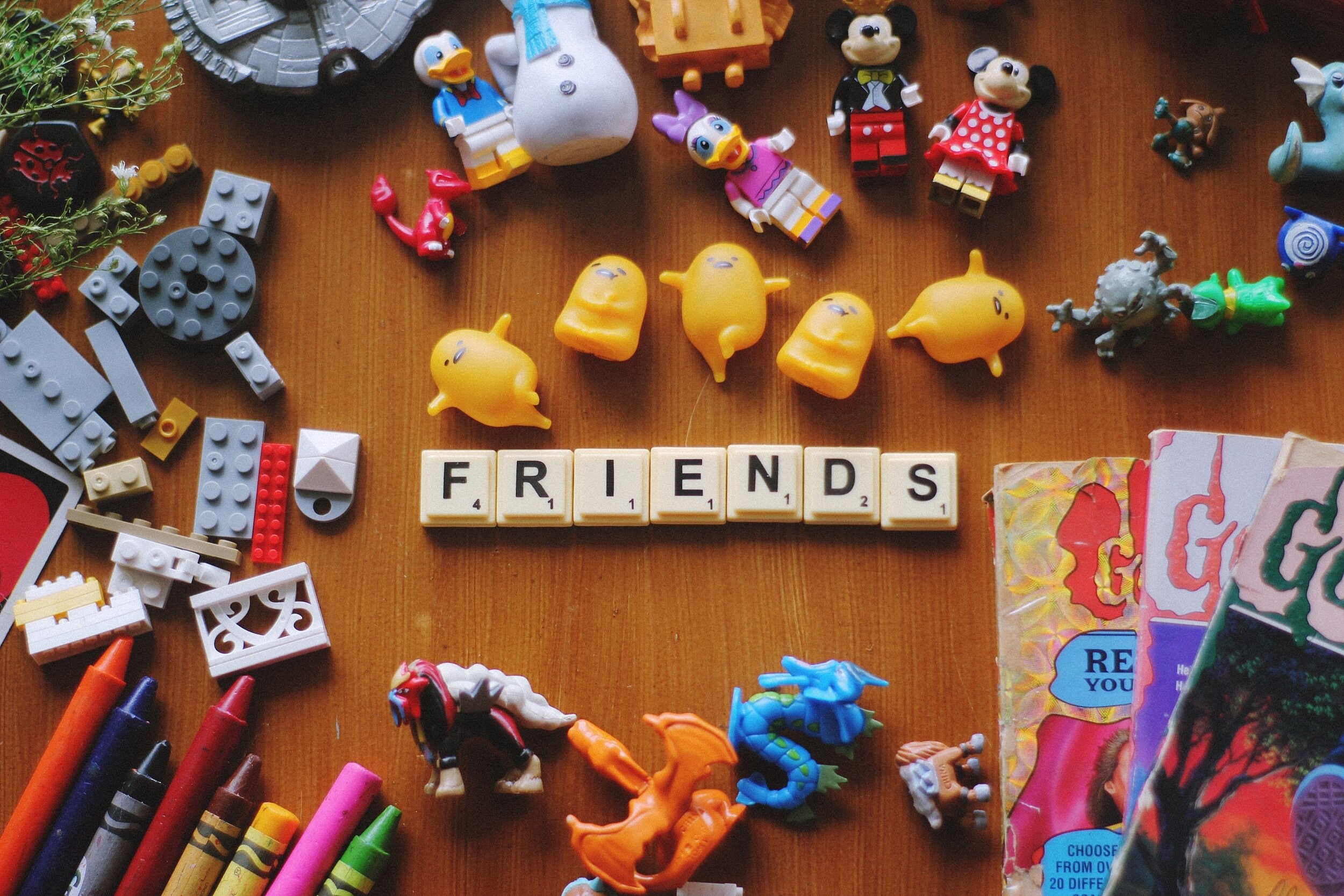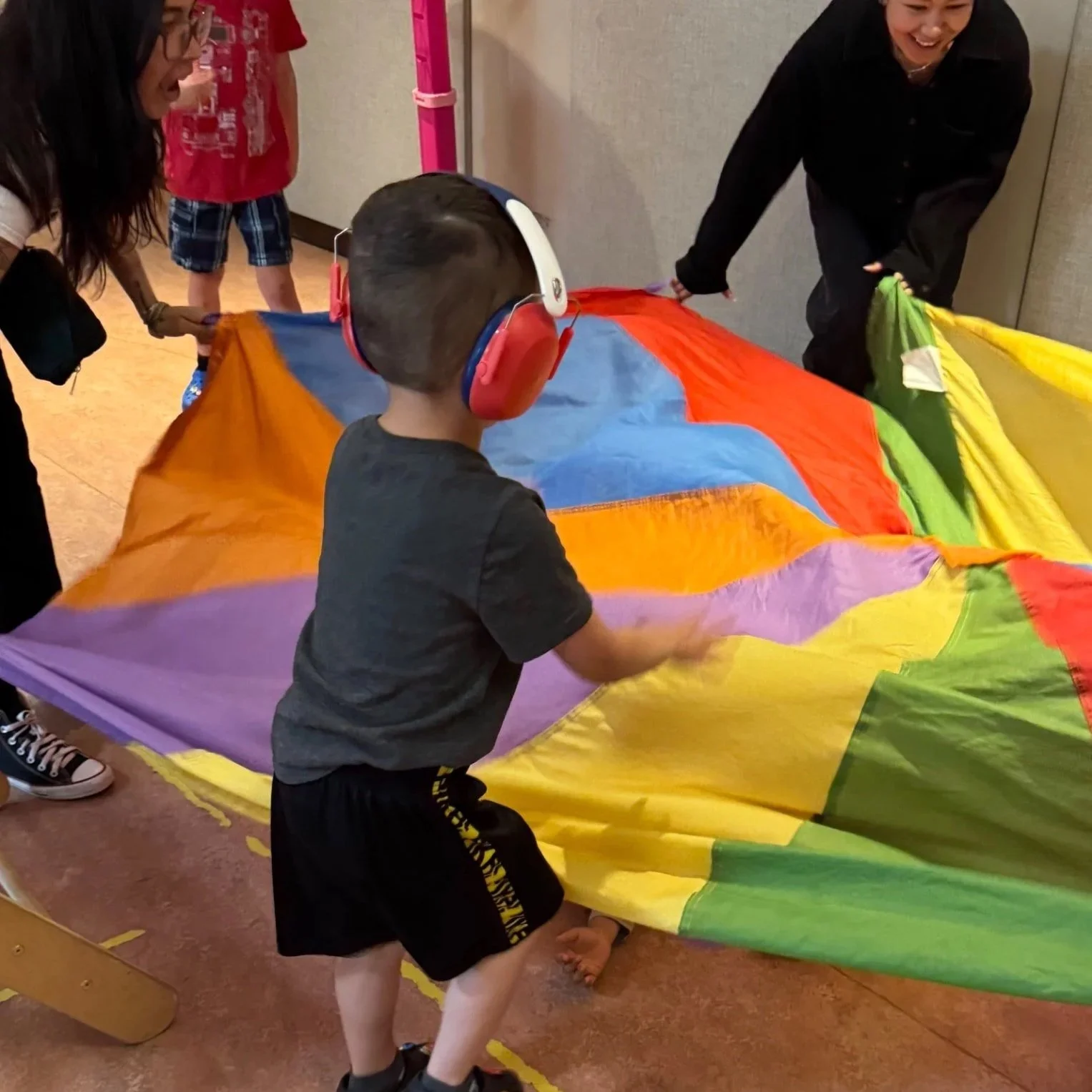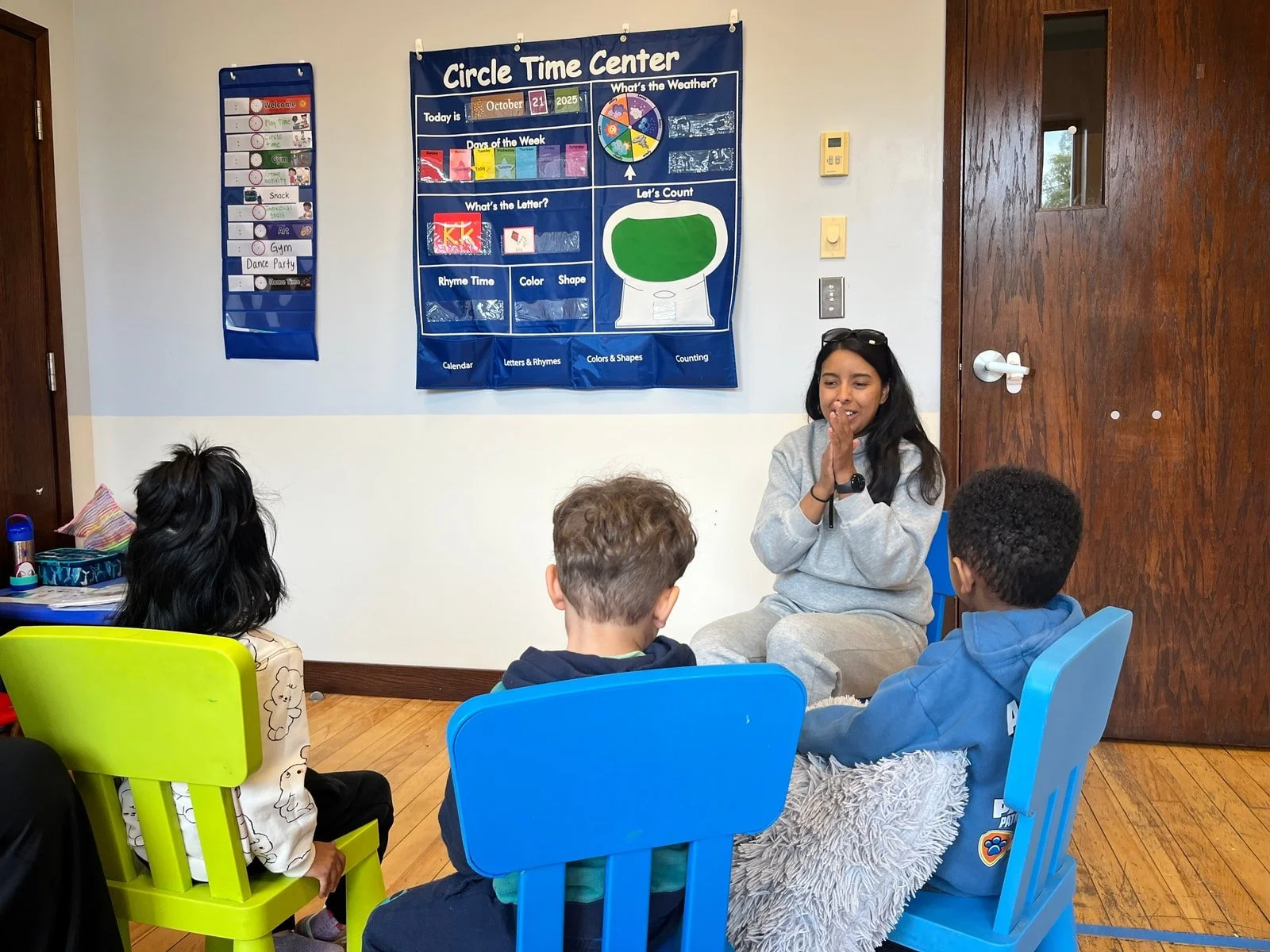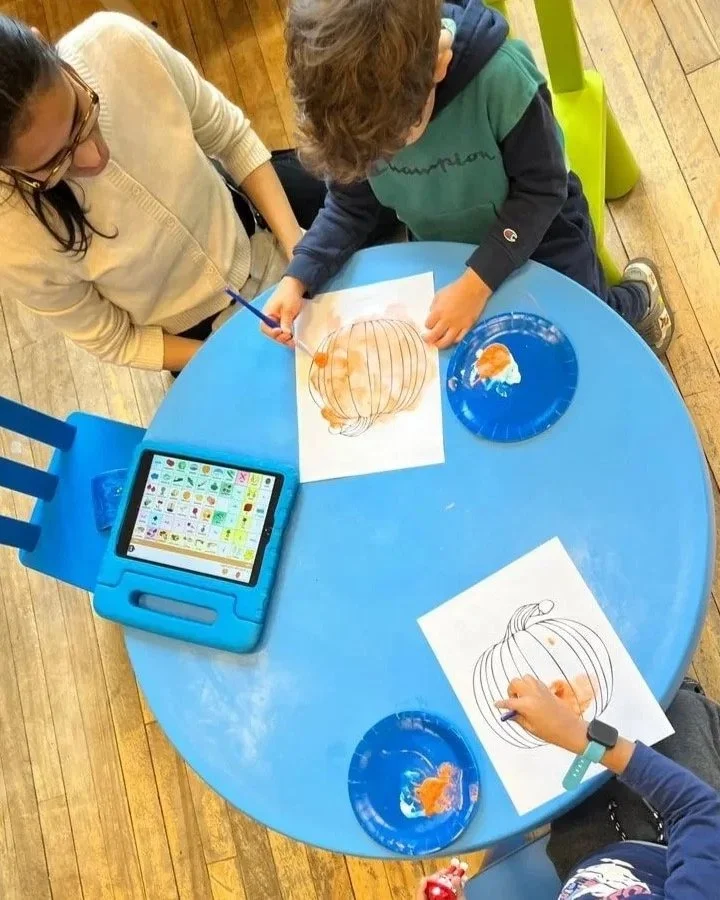
Social Skills Groups
Building friendship, confidence, and connection through play and practice.
Program Overview
-

What are Social Skills Groups?
Children join together in a fun, relaxed, and supportive setting to learn and practice key social-emotional skills through our evidence based approach.
-

Who are they for?
Children 3–6 and 7–9 who benefit from guided practice with peers in a structured, positive setting.
-

What happens in sessions?
Through modelling, practice, and feedback, children learn about friendship, cooperation, conversation rules, perspective taking, as well as simple take-home strategies for families.
Program Snapshot:
Ages 3–6 & 7–9 • Small Groups • Evidence-Based Curriculum • Clinical Supervision • Strategies for home

Benefits
-
Friendship skills: Joining in, sharing, turn-taking, and flexible play.
-
Conversation skills: Starting, maintaining, and repairing conversations; asking for help.
-
Group-learning skills: Waiting, following group directions, transitioning, and working with partners.
-
Emotional regulation: Coping skills and strategies for tolerating frustration and change; calm-down plans kids can use.
-
Problem-solving & perspective-taking practised with peers in real-world activities.
-
Family partnership with take-home coaching so progress carries over to home and school.
THE TACT APPROACH
Structured, Joyful Learning
Clear routines + engaging activities keep practice predictable, motivating, and fun.
Family-Embedded
Caregivers get practical strategies to reinforce skills between sessions.
Data-Informed, Student-Centred
We set measurable goals, track progress, and adjust while following each learner’s interests.
Interdisciplinary Teaming
ABA clinicians collaborate under RBA supervision with access to SLP and OT consultation.
Generalization to School & Community
We practise across people and settings so skills show up in classrooms, teams, and playdates.
Assent-Based, Compassionate Practice
We prioritize student assent and well-being by using least-intrusive, trauma-informed approaches that keep learning respectful and motivating.
Frequently Asked Questions
-
Two groups: 3–6 years and 7–9 years.
-
Small groups with low ratios to support participation, confidence, and success.
-
By age and goals (e.g., conversation, cooperation, regulation) to ensure a good peer match.
-
Friendship, conversation, sharing/turn-taking, problem-solving, regulation, and group-learning behaviours.
-
Yes. Caregivers are provided debriefs and simple take-home plans are provided so families can keep practice going.
-
Individual goals, observation notes, and periodic check-ins with caregivers.
-
1) Complimentary intake
2) Skills screen and group placement
3) Start sessions.
CONTACT
Ready to help your child build confident connections?
Register for a complimentary intake and we’ll guide next steps.


